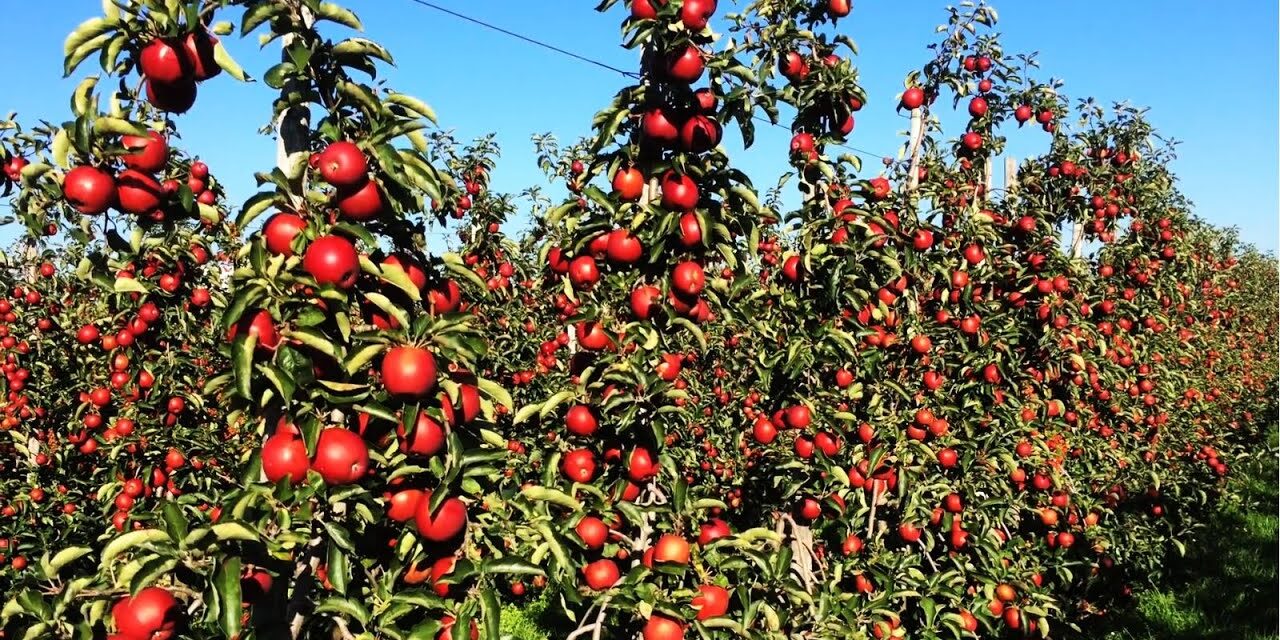Can you tell us about your sustainable farming practices and how they benefit the environment and the local community?
Some general sustainable farming practices and how they can benefit the environment and the local community.
- Organic farming: Organic farming practices that avoid the use of synthetic pesticides and fertilizers can reduce the environmental impact of farming while promoting soil health and biodiversity.
- Integrated pest management: Integrated pest management (IPM) practices can reduce the use of pesticides by using a combination of techniques to control pests, such as natural predators, crop rotation, and trapping.
- Water conservation: Water conservation practices, such as drip irrigation and rainwater harvesting, can reduce water usage and protect local water resources.
- Soil conservation: Soil conservation practices, such as cover cropping and crop rotation, can help maintain soil health and prevent soil erosion.
- Agro forestry: Agro forestry practices that combine the cultivation of crops with the planting of trees can provide additional benefits such as carbon sequestration, improved soil health, and enhanced biodiversity.
- Local sourcing: Sourcing fruits locally can reduce transportation emissions and support local communities by providing employment opportunities and stimulating the local economy.
By adopting these sustainable farming practices, fruit companies can benefit the environment by reducing the use of synthetic chemicals and promoting soil and water health. They can also benefit local communities by providing employment opportunities and supporting the local economy. Additionally, they can appeal to consumers who are increasingly seeking sustainably produced foods.







